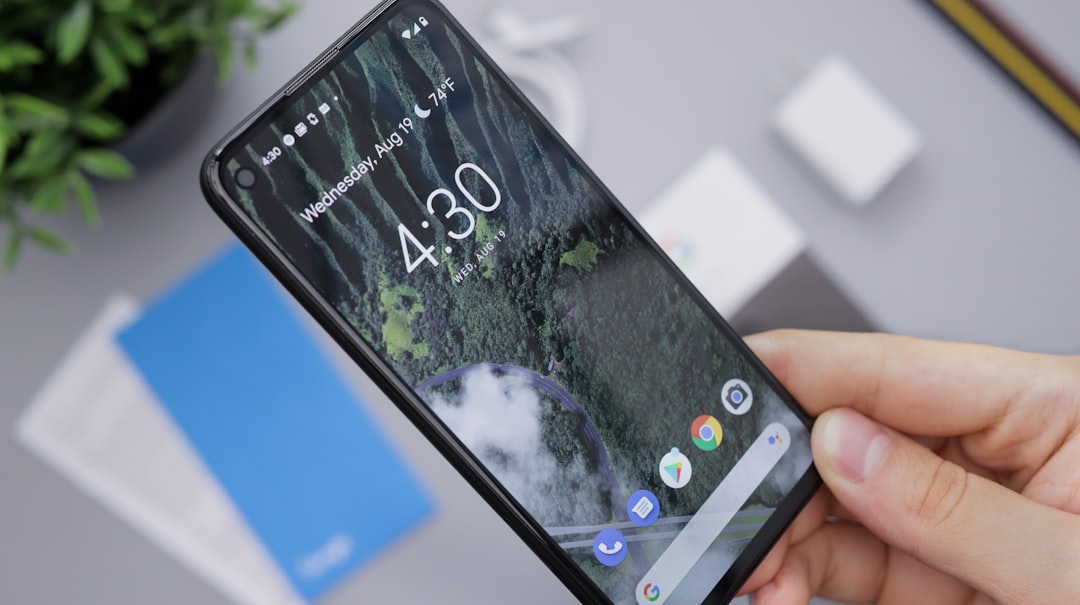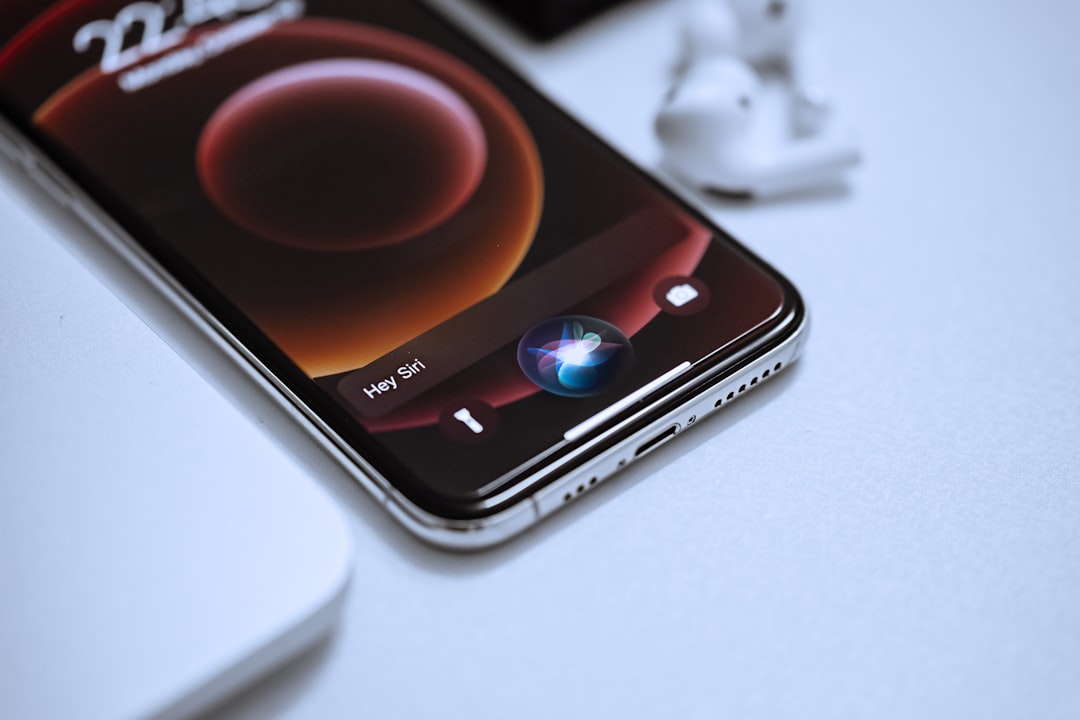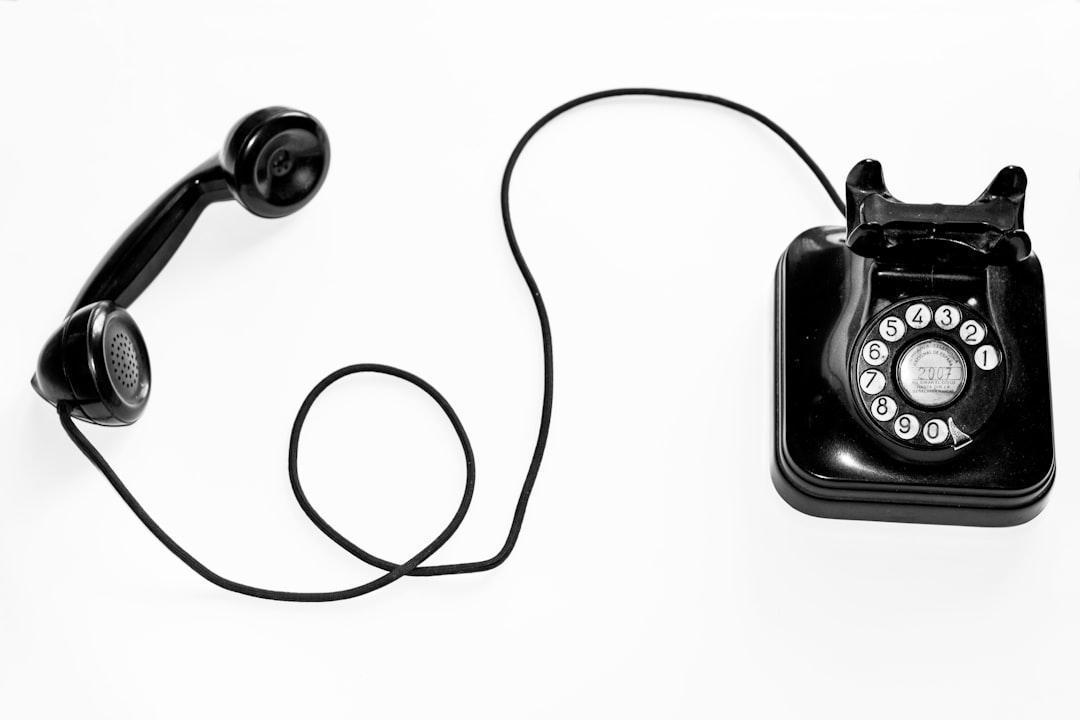Respecting consumer privacy in Minnesota is vital, especially regarding automated calls. The Do Not Call Attorney plays a crucial role in upholding stringent state laws by monitoring compliance and investigating complaints against violators. Automated calls are regulated under the TCPA, with businesses needing prior consent or being on the do-not-call list to avoid fines. Live operators are essential for ensuring legal compliance, managing opt-outs, resolving customer issues, and maintaining privacy standards, acting as a bridge between technology and legal requirements.
In today’s automated communication landscape, understanding the role of live operators in maintaining compliance with Do Not Call laws is paramount. This article explores the intricate balance between technological advancement and consumer rights, focusing on Minnesota’s specific regulations. We delve into the significance of human intervention, training, and monitoring to ensure compliance, highlighting how live operators can be a game-changer in protecting consumer choices as guided by Do Not Call Attorney Minnesota provisions.
Understanding Do Not Call Laws in Minnesota

In Minnesota, like many states across the US, respecting consumer privacy and preferences is paramount, especially regarding automated calls. The state’s Do Not Call laws are designed to give residents control over the phone calls they receive, ensuring a peaceful and undisturbed environment. These regulations specifically target telemarketers and automated calling systems, including those used for marketing, sales, or promotional purposes.
Minnesota’s Do Not Call Attorney plays a pivotal role in upholding these laws. They are responsible for monitoring compliance, investigating complaints, and taking legal action against violators. The attorney’s office ensures that businesses adhere to the state’s regulations by verifying registrants on the Do Not Call list, which is maintained by the Minnesota Public Utilities Commission. This proactive approach helps protect Minnesotans from unwanted and intrusive calls, fostering a sense of security and peace in their homes.
The Importance of Live Operators in Compliance

In the realm of automated calls, compliance with regulations like those enforced by the Do Not Call Attorney Minnesota is paramount. While automation technologies streamline processes, live operators remain indispensable for ensuring adherence to legal requirements. These operators serve as the human touchpoint, capable of handling complex scenarios and providing personalized assistance, which is crucial for maintaining compliance and mitigating potential legal issues.
Their role involves validating caller identity, obtaining explicit consent, and managing consumer opt-out requests, all while adhering to strict regulations. Live operators can also address customer complaints and concerns, ensuring a positive experience despite automated interactions. This dual capability—automating tasks and providing human oversight—makes them integral to the compliance framework, especially in navigating the intricacies of privacy laws and consumer protection regulations.
Automated Calls: When Are They Permissible?

Automated calls, or robocalls, have become a common method of communication for businesses worldwide. However, their use is regulated to ensure consumer privacy and protection. In the United States, the Telephone Consumer Protection Act (TCPA) governs automated telephone marketing practices, including do-not-call lists like the one maintained by the Minnesota Attorney General’s Office for Minnesota residents.
Businesses are generally permitted to make automated calls for specific purposes such as marketing or debt collection if they have prior express consent from the recipient or are making non-marketing calls to individuals on the Do Not Call Registry. Failure to comply with these regulations can result in significant fines, emphasizing the importance of understanding when automated calls are permissible.
Role of Training and Monitoring for Live Operators

Live operators play a pivotal role in ensuring automated calls compliance, especially when it comes to legal requirements like those set by the Do Not Call Attorney Minnesota. Comprehensive training is essential for these operators to understand the intricacies of the law and their responsibilities. They must be adept at identifying and verifying valid opt-out requests, ensuring no unwanted calls are made to numbers on the National Do Not Call Registry. Regular training sessions can cover topics like recognizing different call types, handling customer complaints, and staying updated with any changes in legislation.
Effective monitoring is equally crucial. Supervisors should regularly review operator interactions to ensure adherence to protocols. This includes checking for proper handling of sensitive data, compliance with do-not-call rules, and maintaining professional communication standards. Monitoring provides an opportunity to offer feedback and further training where needed, fostering a culture of continuous improvement and ensuring the highest level of compliance.
Ensuring Consumer Rights through Human Intervention

In the realm of automated calls, where technology aims to streamline processes, human intervention remains paramount in safeguarding consumer rights. Despite automation’s efficiency, live operators play a pivotal role in ensuring compliance with regulations like the Do Not Call Attorney Minnesota. These operators act as the critical link between automated systems and consumers, providing an additional layer of protection against potential violations.
By integrating human oversight, call centers can effectively manage consumer preferences, respect privacy, and adhere to legal standards. Live operators can promptly address complaints, clarify ambiguous instructions, and ensure that automated calls comply with established rules. This blend of technology and human expertise fosters transparency, builds trust, and ultimately enhances the customer experience in an era dominated by automated interactions.






